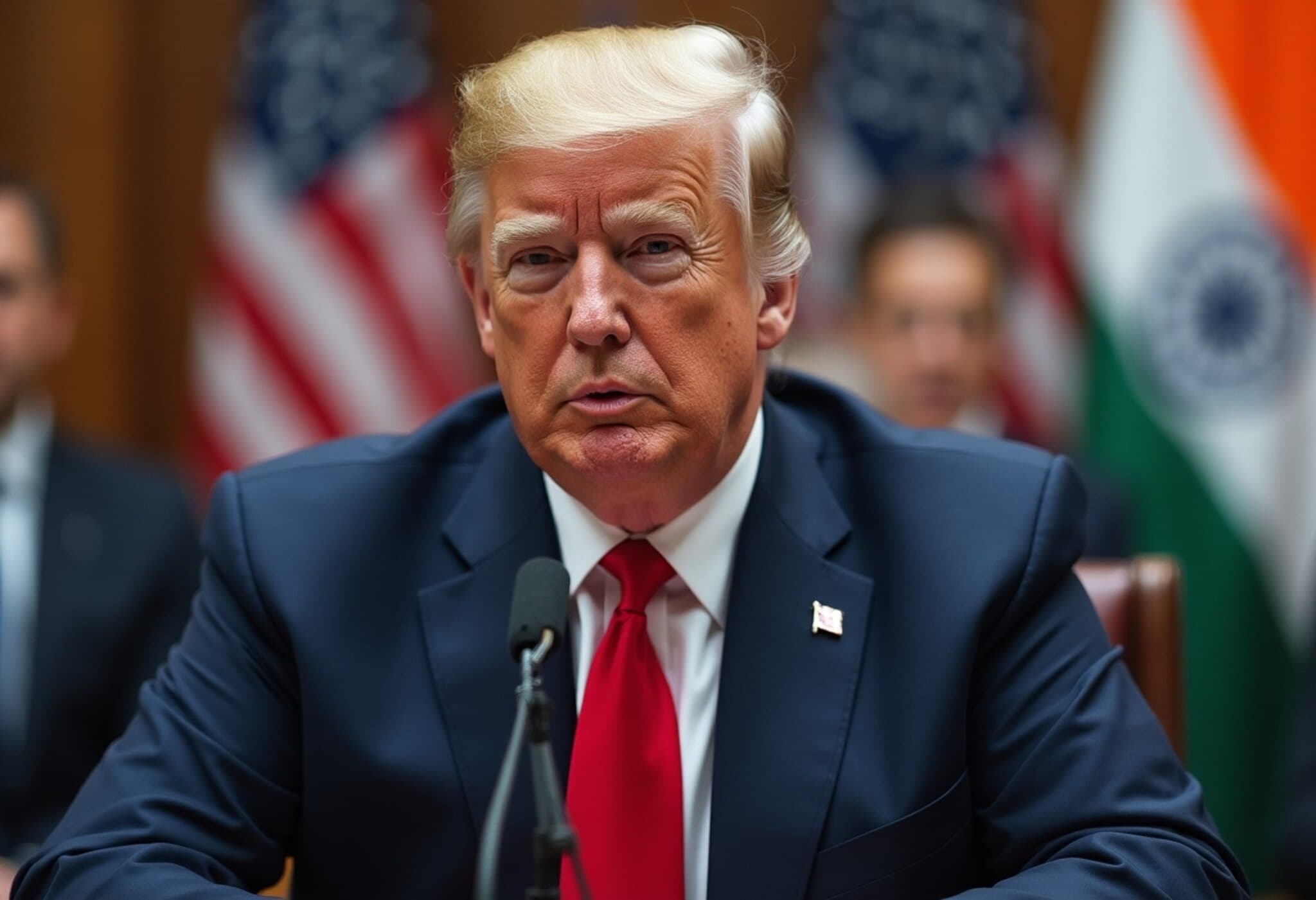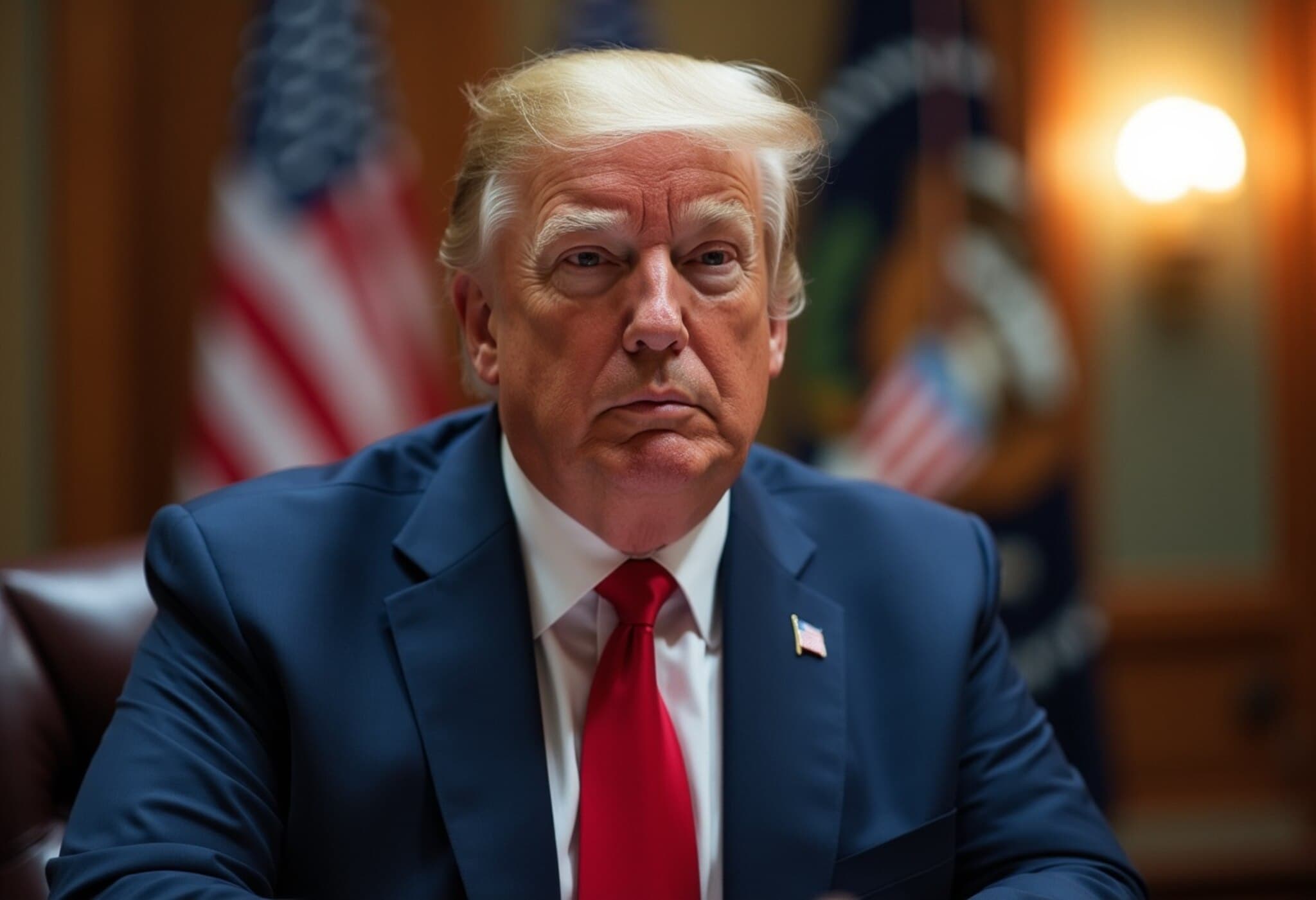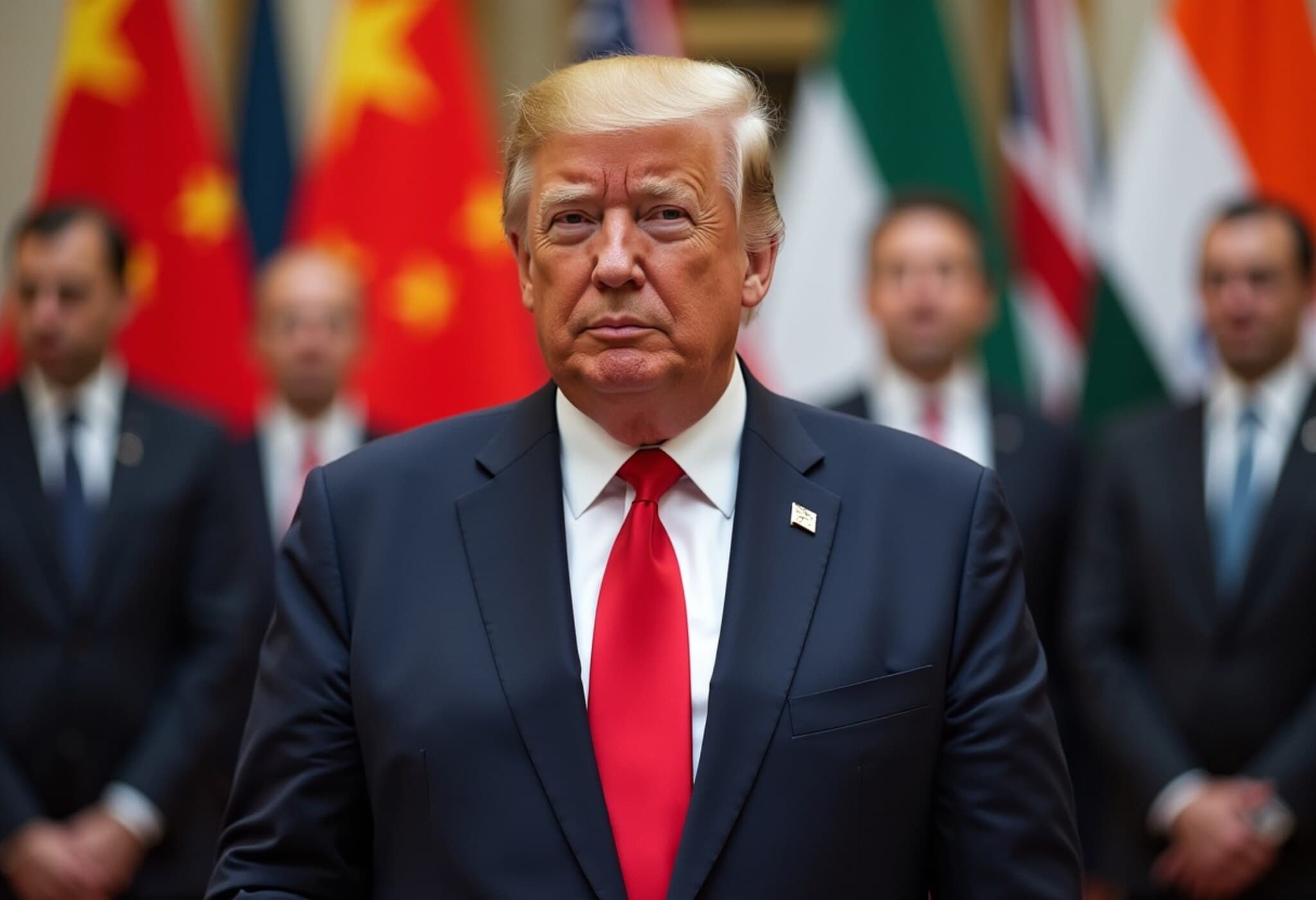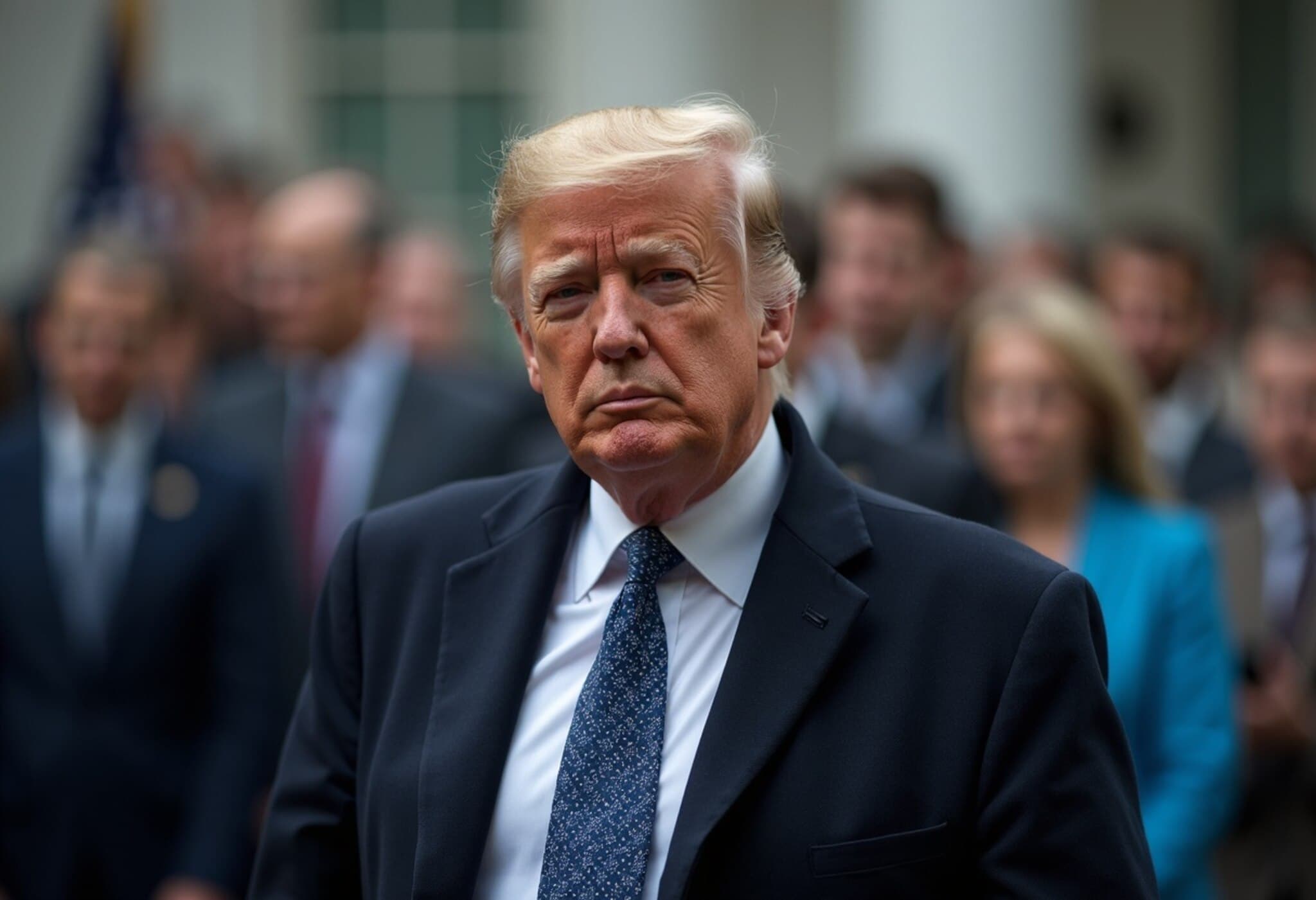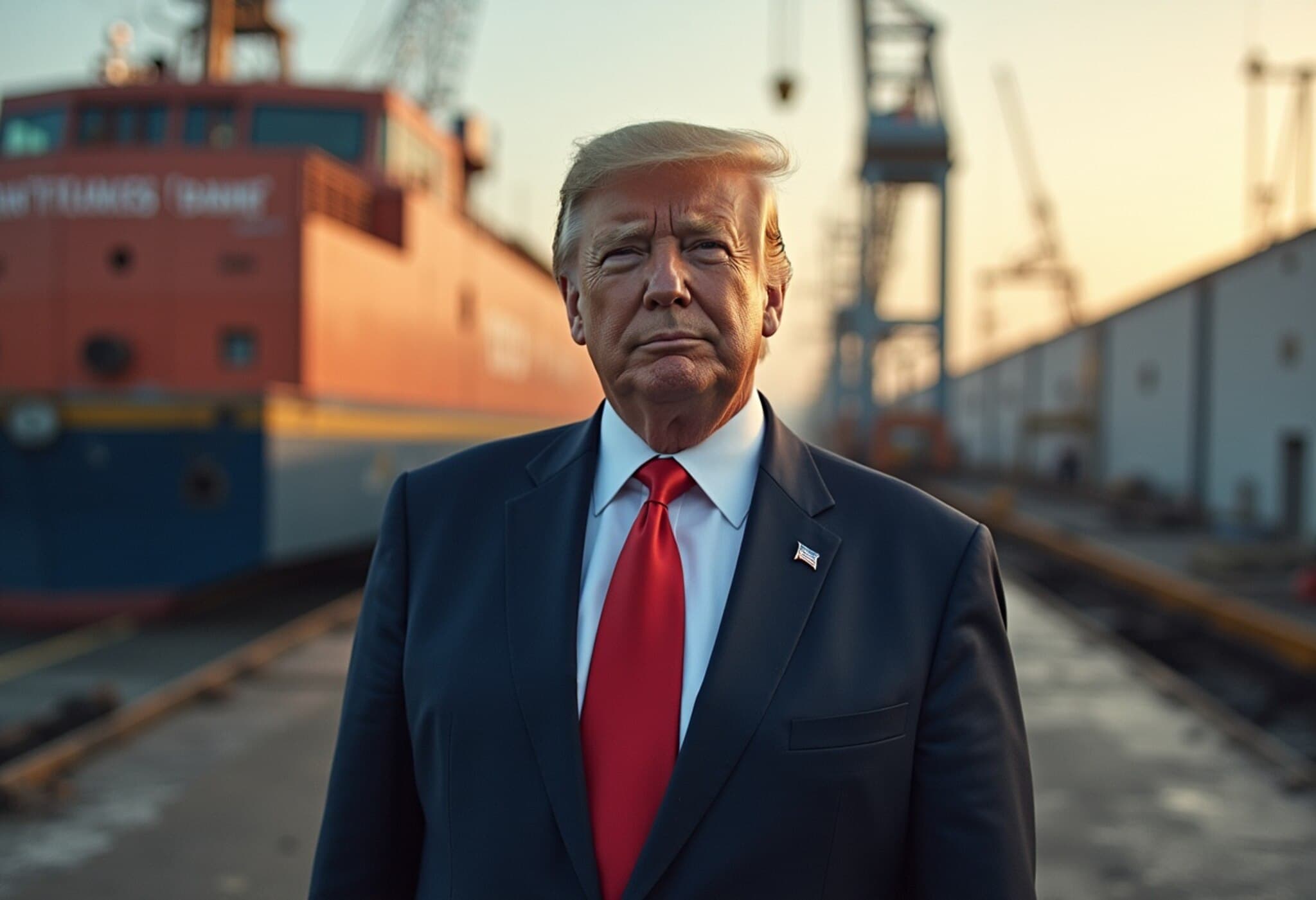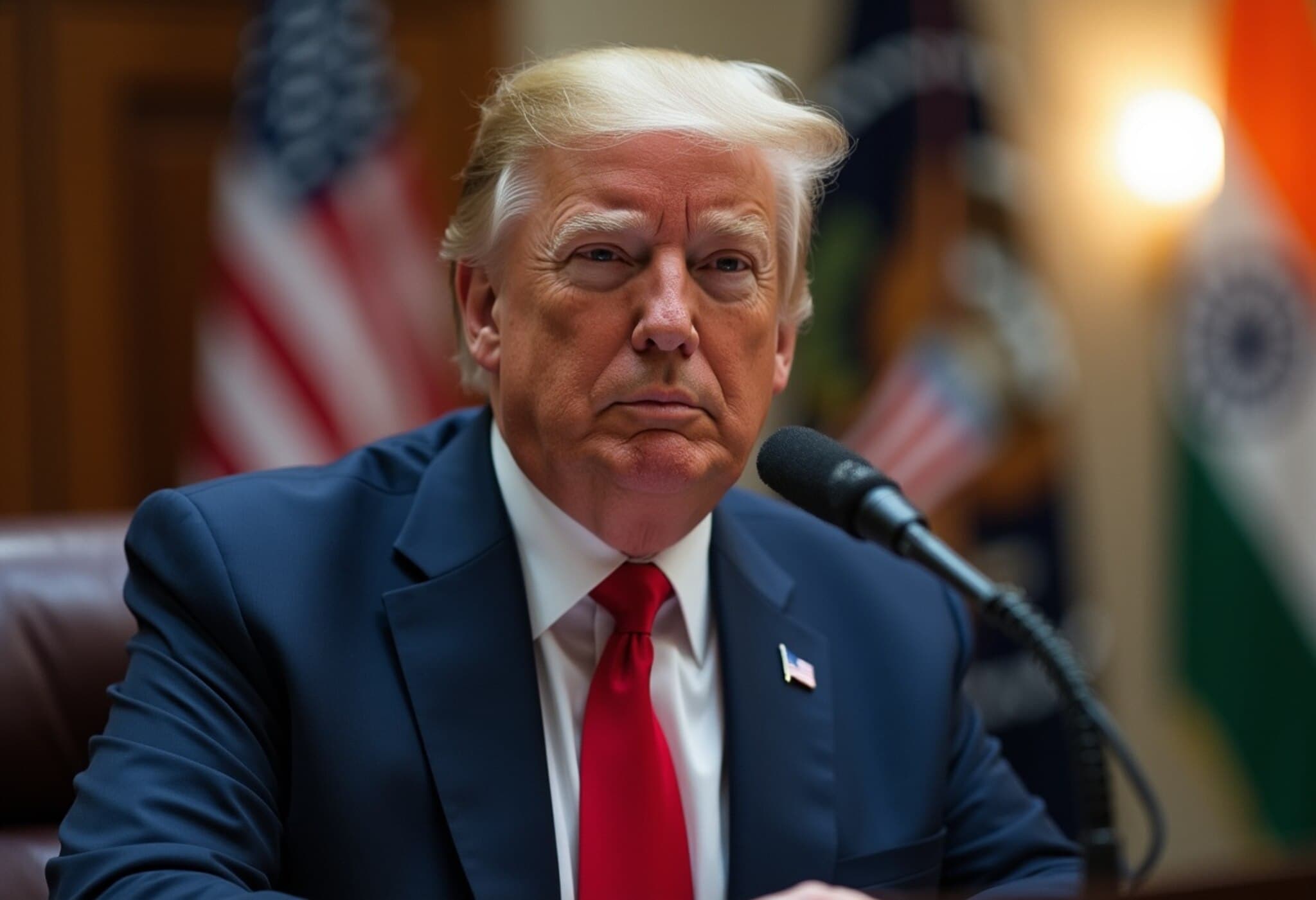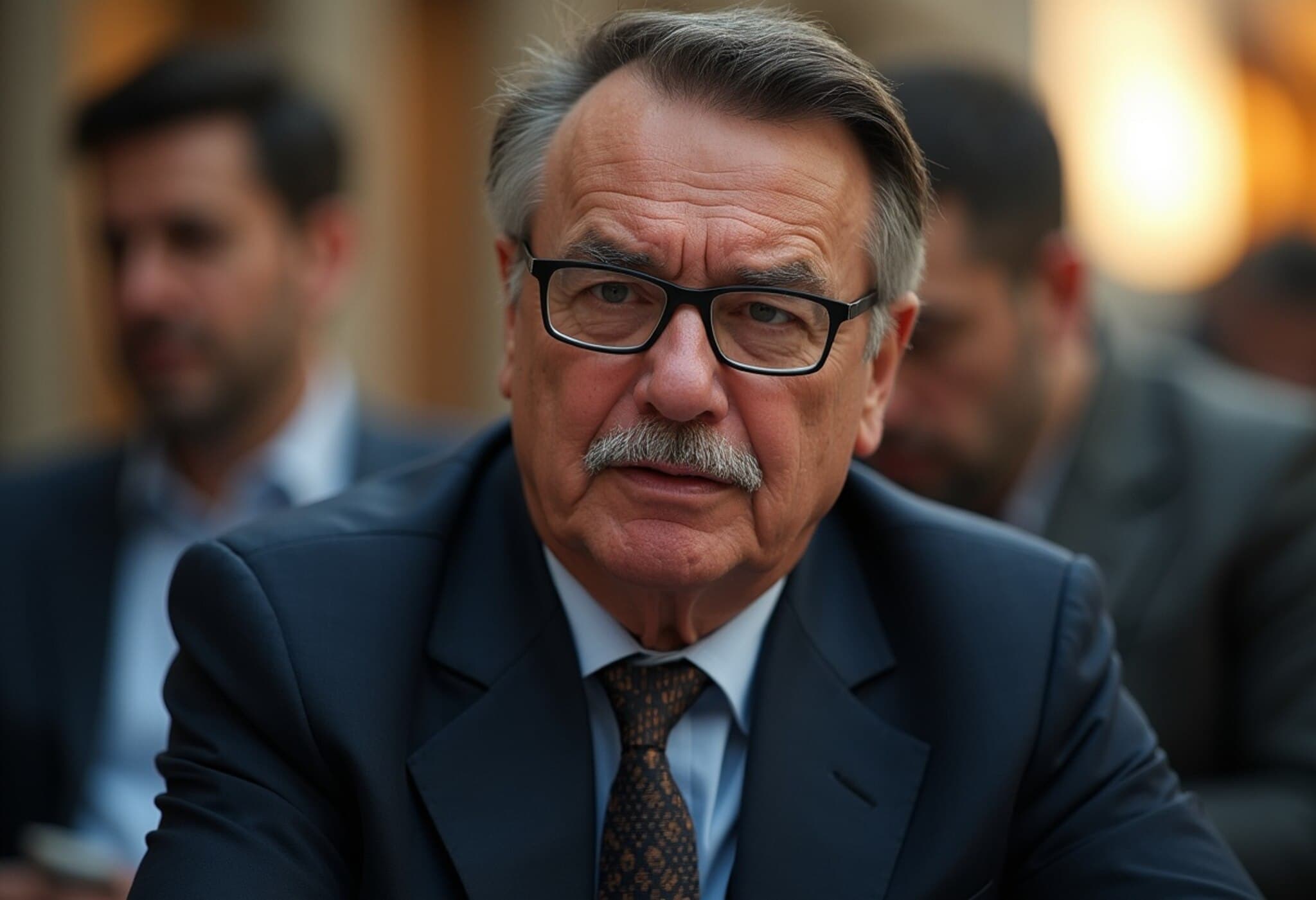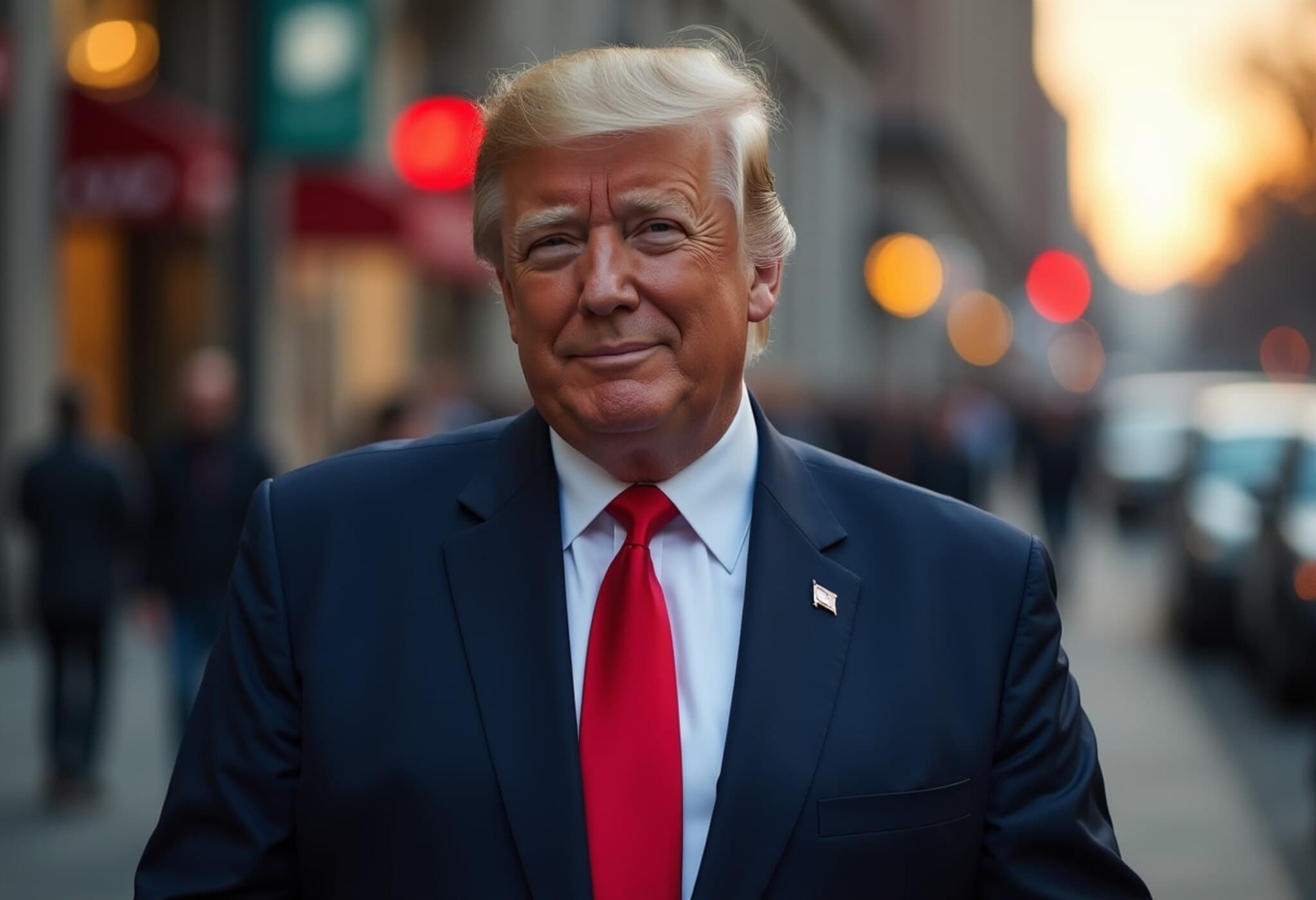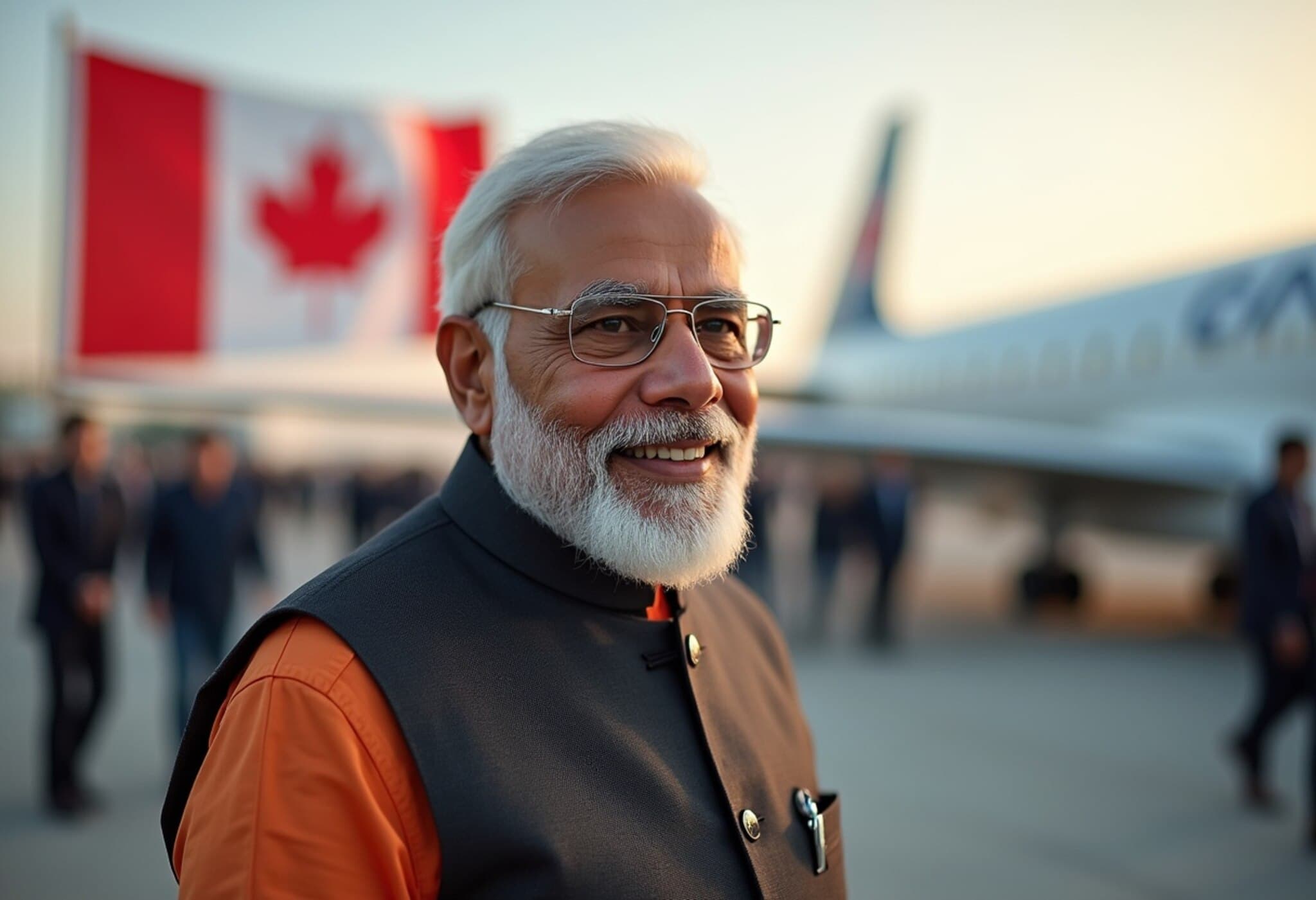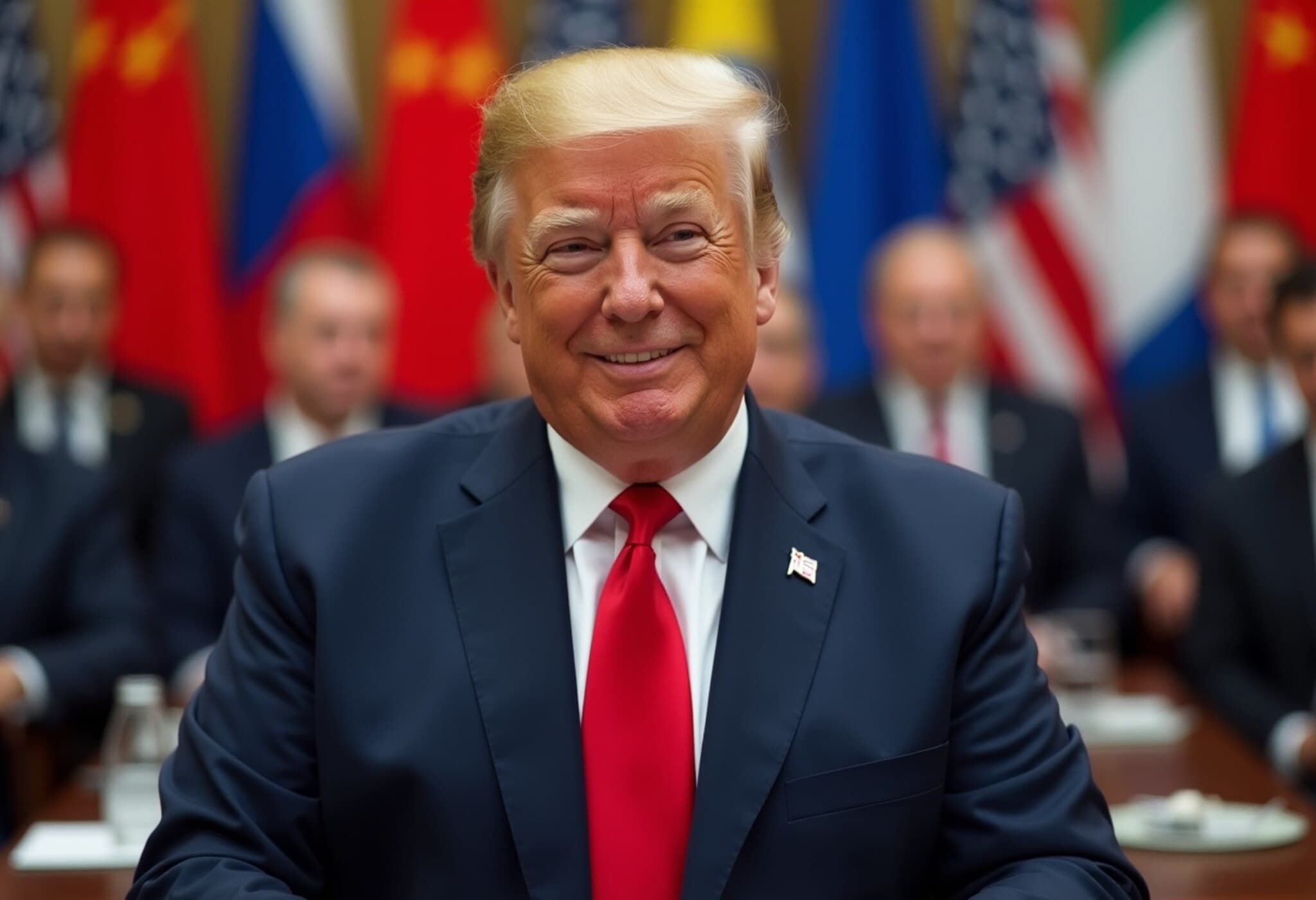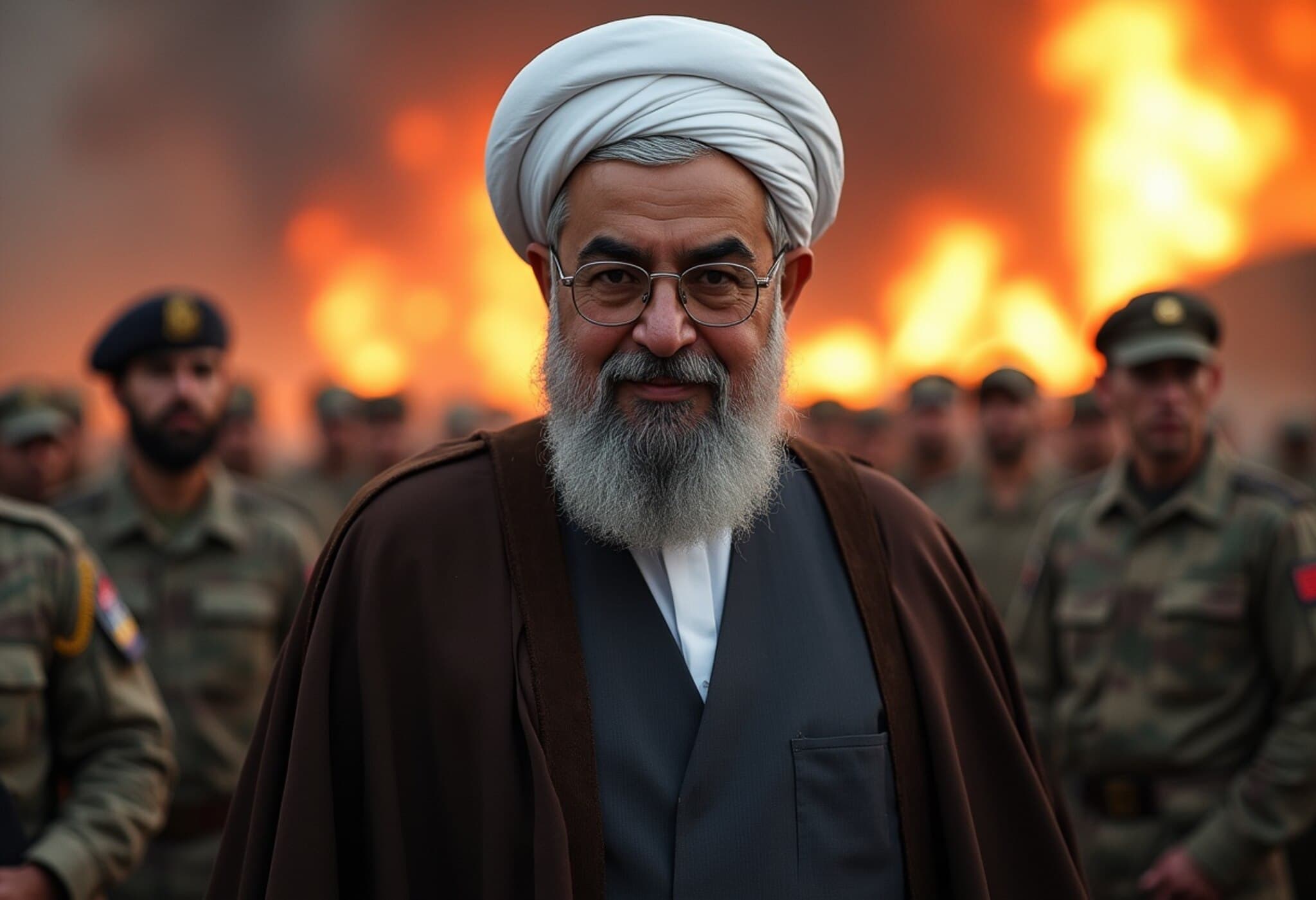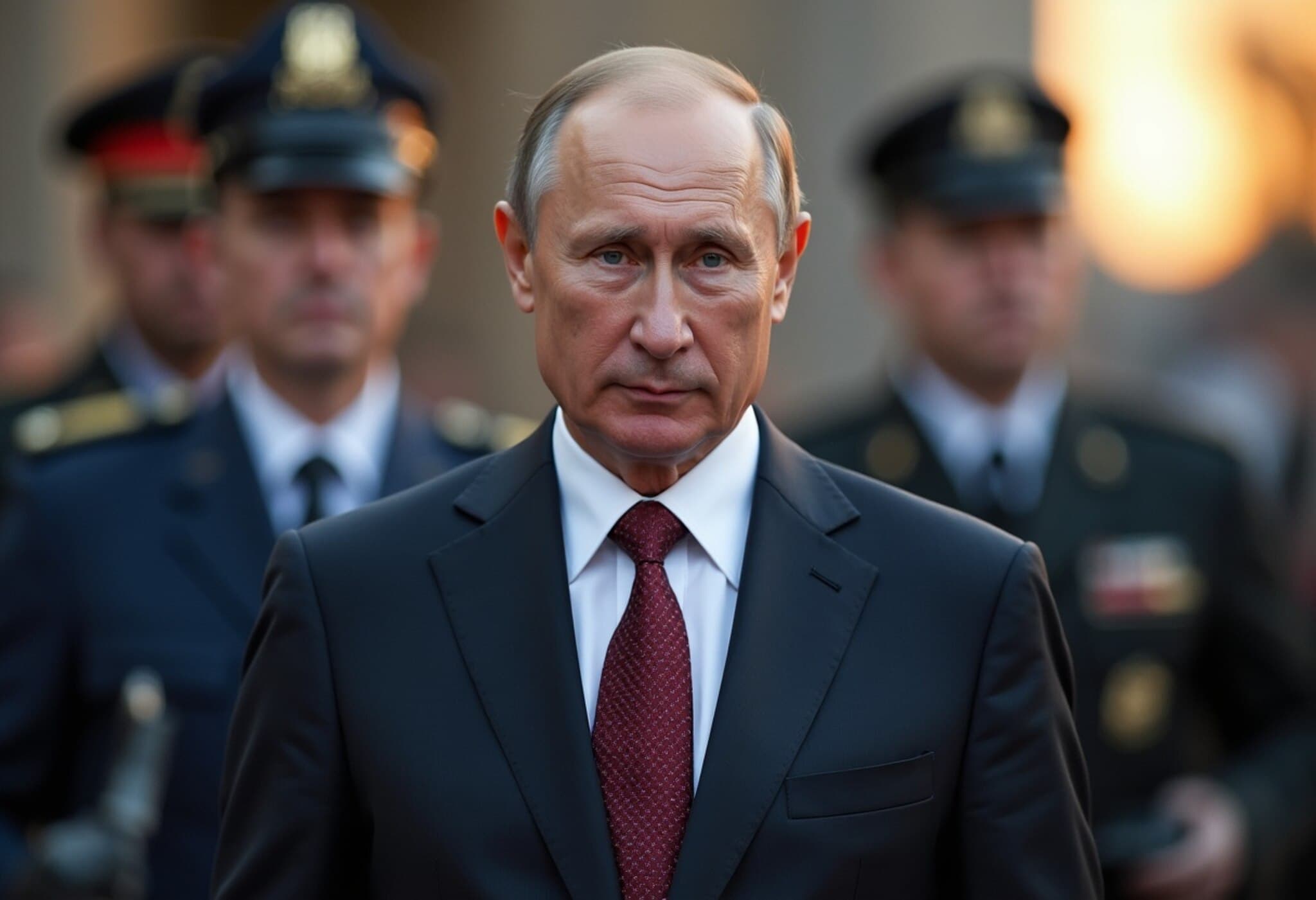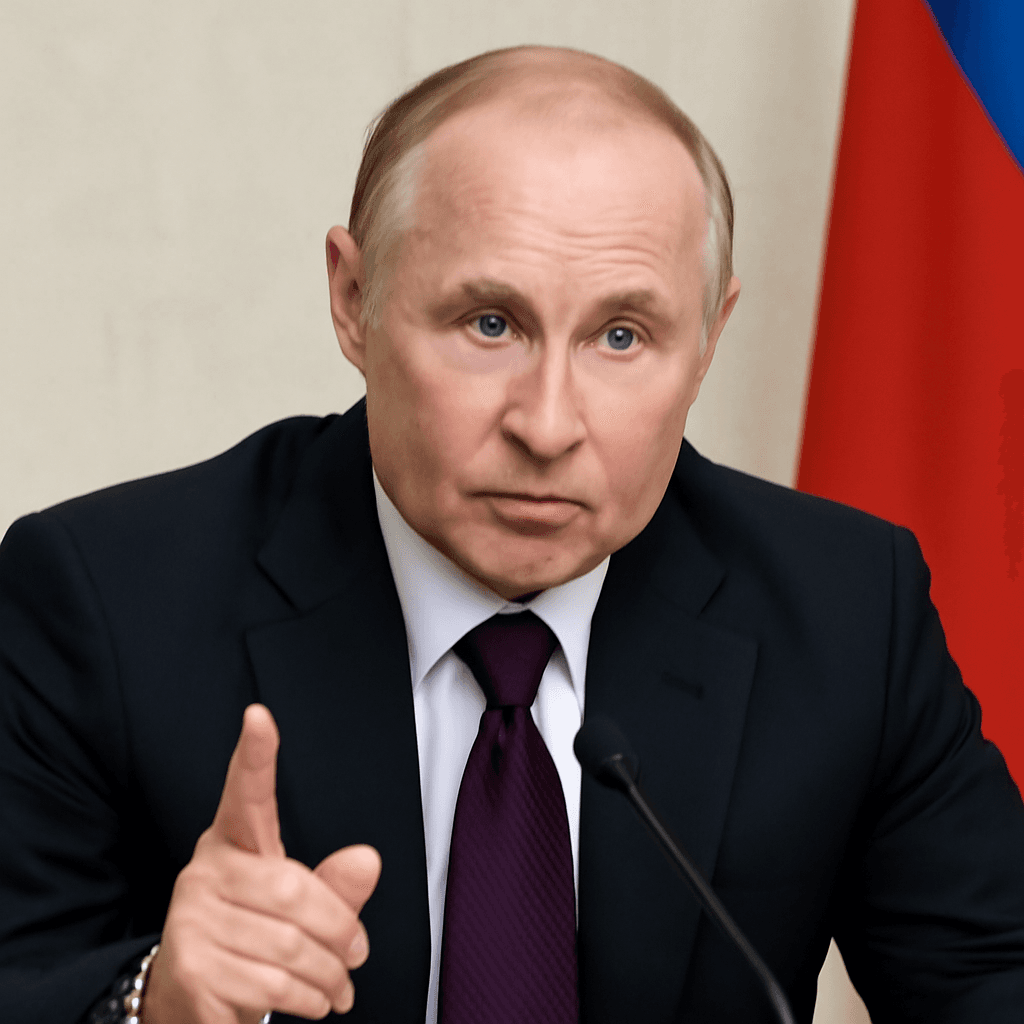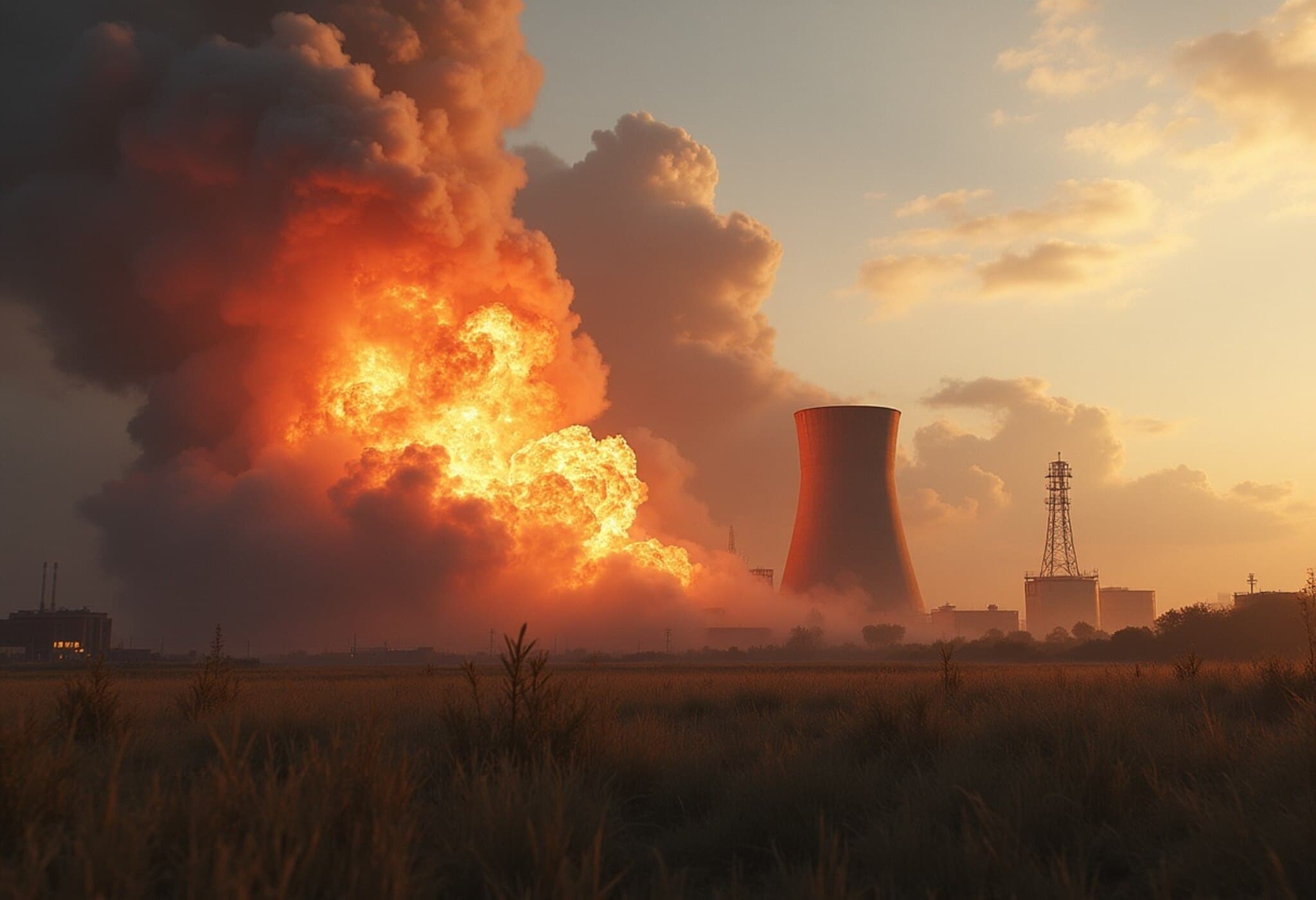Trump Warns of Sharp Tariff Hike on India Amid Russian Oil Trade Dispute
On August 4, 2025, former U.S. President Donald Trump took to his social media platform, Truth Social, to issue a bold warning to India — threatening to significantly raise tariffs on Indian goods in response to New Delhi’s ongoing purchases of Russian oil amidst the Ukraine conflict.
Trump's Accusation: Profiting from Russian Oil Amid War
Trump criticized India, accusing it of not only buying large volumes of Russian oil but also reselling substantial amounts on the global market for profit. “India is not only buying massive amounts of Russian Oil, they are then, for much of the Oil purchased, selling it on the Open Market for big profits,” he posted. He further added that Indian leadership appears indifferent to the human cost of the war in Ukraine, stating: “I will be substantially raising the Tariff paid by India to the USA.”
Although Trump did not disclose exact tariff increases, sources close to the matter indicate the current 10% tariff on a broad range of Indian imports could escalate to as high as 25% as soon as August 7. This move is being viewed as part of intensified U.S. efforts to pressure not only Moscow but also countries trading with Russia, during an increasingly complex geopolitical standoff sparked by the Ukraine war.
India's Firm Response: Defending its Energy Choices and Global Market Roles
India quickly responded to Washington’s threats, reiterating its sovereign right to secure energy supplies amid shifting global dynamics. In an official statement, New Delhi emphasized the pragmatic reasons behind buying Russian oil: traditional suppliers redirected their supplies toward Europe following the conflict’s outbreak.
Moreover, India highlighted what it called a double standard by Western powers. The statement pointed out that:
- The European Union’s bilateral trade with Russia topped €67.5 billion in 2024, including goods beyond oil.
- The U.S. continues importing critical Russian resources such as uranium hexafluoride for its nuclear industry, palladium for electric vehicles, fertilizers, and various chemicals.
These factors, New Delhi argued, render the U.S. targeting of India “unjustified and unreasonable.”
Contextualizing the Dispute: Energy Security Meets Geopolitical Pressure
The tension unveils a complex intersection of economic interests and geopolitical alliances. India, striving to balance its growing energy demands and strategic autonomy, finds itself at odds with Western nations pushing for a unified front against Russia.
From the U.S. perspective—especially under Trump’s hawkish rhetoric—pressuring India serves as leverage to isolate Russia economically. Yet, analysts caution that such blunt tariff increases risk pushing New Delhi closer to Moscow, complicating broader international efforts to rebuild Ukrainian peace and stability.
Furthermore, this debate spotlights the broader dilemma of global supply chains, market diversification, and the uneven application of sanctions. It raises critical questions about how global powers navigate economic imperatives without alienating emerging world actors like India.
Looking Ahead: What This Means for U.S.-India Relations
While the proposed tariff hike reflects friction, it also underscores the challenges in U.S.-India strategic cooperation — especially when their priorities diverge. India’s emphasis on energy security and economic sovereignty may test the resilience of this important relationship amid broader geopolitical shifts.
Key watchers suggest that future dialogues will need to bridge these gaps sensitively, prioritizing mutual interests in defense, trade, and global stability, rather than unilateral punitive measures.
Editor’s Note:
This unfolding tariff debate invites reflection on how global democracies reconcile national interests with collective security goals. As the Ukraine crisis continues to ripple across continents, how will countries like India balance pragmatism with principle? And how might the U.S. recalibrate its approach to maintain strategic ties without alienating key partners in an increasingly multipolar world?

